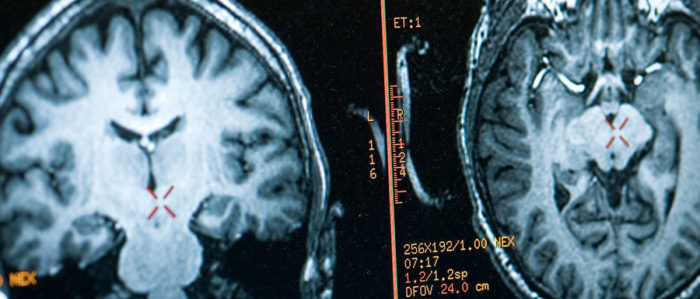A video game that improves middle schoolers' attention?
"Tenacity," a game designed by the Center for Healthy Minds, affected the areas of the brain associated with attention.
Training compassion ‘muscle’ may boost brain’s resilience to others’ suffering
A new study suggests that compassion meditation training may reduce the distress a person feels when witnessing another’s suffering. It may also improve their ability and likelihood to respond with compassion.
New approaches in neuroscience show it’s not all in your head
Our own unique experiences shape how we view the world and respond to the events in our lives. But experience is highly subjective. What’s distressing or joyful to one person may be very different to another. These differences can matter, especially as a growing body of research shows that what happens in our inner landscapes — our thoughts about and interpretations of our experiences — can have physical consequences in our brains and bodies.
Research to relieve stress of police officers expands
The Madison Police Department teamed up with UW–Madison's Center for Healthy Minds for a pilot study exploring a mindfulness-based program with officers and is partnering again with the UW alongside UWPD and the Dane County Sheriff's Office to expand the research and understand ways to improve the well-being of law enforcement professionals
Davidson elected to National Academy of Medicine
University of Wisconsin-Madison neuroscientist and professor Richard Davidson has been elected a member of the National Academy of Medicine, the premier authority dedicated to the health and medical sciences. The academy awards this honor to the world's top experts who demonstrate outstanding professional achievements and commitment to service in the field.
Preschool “Kindness Curriculum” is now available, free
What if kindness, attention and gratitude were taught in schools just like math, history and reading? Today, they can be, as the UW–Madison Center for Healthy Minds is releasing its free mindfulness-based “Kindness Curriculum.”
Scientists pinpoint area of the brain that regulates emotional spillover
Emotional spillover, when one emotional experience carries over into the next, can color our impressions and behavior in the situations that follow. Researchers at the Center for Healthy Minds at the University of Wisconsin–Madison are discovering what happens in the brain when such emotional spillover occurs, which could help us better understand how negative emotions are regulated and improve well-being.
Sesame Street brings UW center’s kindness curriculum to kids
Sesame Street will be emphasizing kindness this season, with the help of the UW–Madison Center for Healthy Minds.
Driven by an increasing number of news stories on anger, fear, bullying and violence, as well as an overall sense of negativity permeating social discourse, the season focuses on social emotional skills vital to kids’ well-being and life success.
L&S Communications
South Hall, Bascom Mall
Madison, WI 53706
info@ls.wisc.edu









